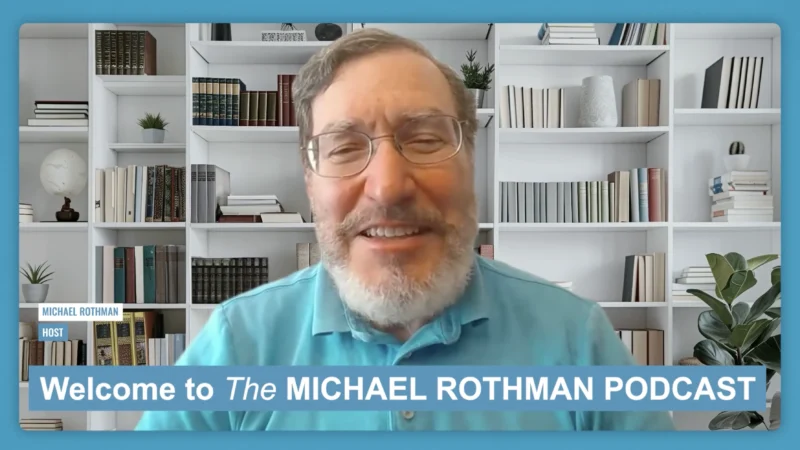How Trends in Corporate Consolidation Reflect in Biden’s Healthcare Anti-Trust Action
Earlier this month, President Joe Biden signed an executive order that addresses competition among hospitals, health insurers, prescription drugmakers, and hearing aid manufacturers in an effort to tackle anti-competitive practices in various industries.
The order urges the Department of Justice and the Federal Trade Commission to crack down on antitrust laws and actively revise merger guidelines to ensure patient safety. However, how will these actions impact mergers and acquisitions in general?
To further investigate this question, as well as to evaluate the incentives behind corporate consolidation in today’s economy, Daniel Litwin, the Voice of B2B, invited Dr. Susan Clark Muntean, associate professor of management and accountancy at UNC Asheville, to this episode of MarketScale TV.
The two consider what impact the trends toward M&As have had on patient access to healthcare, as well as who typically benefits from corporate mergers and acquisitions in the long term.
“That question should always be asked to look at projected outcomes and the impact of mergers and acquisitions. Who benefits, who doesn’t, and who is harmed or potentially could be harmed,” explains Dr. Clark Muntean.
They also discuss some of the responses from industry organizations to the executive order, how the primary motivators for corporate consolidation have evolved over the years and the overall effectiveness of anti-trust regulations in combatting anti-competitive practices.
Follow us on social media for the latest updates in B2B!
Twitter – @MarketScale
Facebook – facebook.com/marketscale
LinkedIn – linkedin.com/company/marketscale








